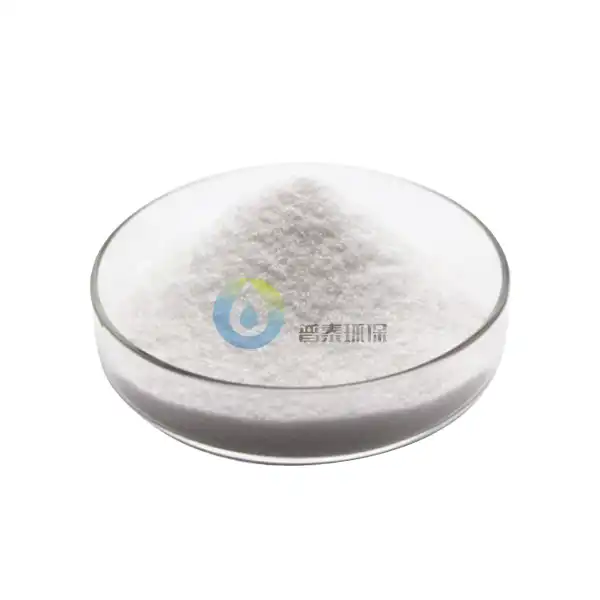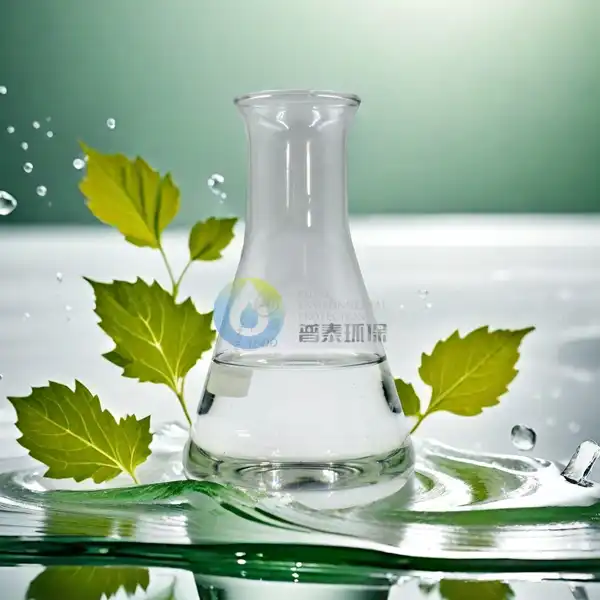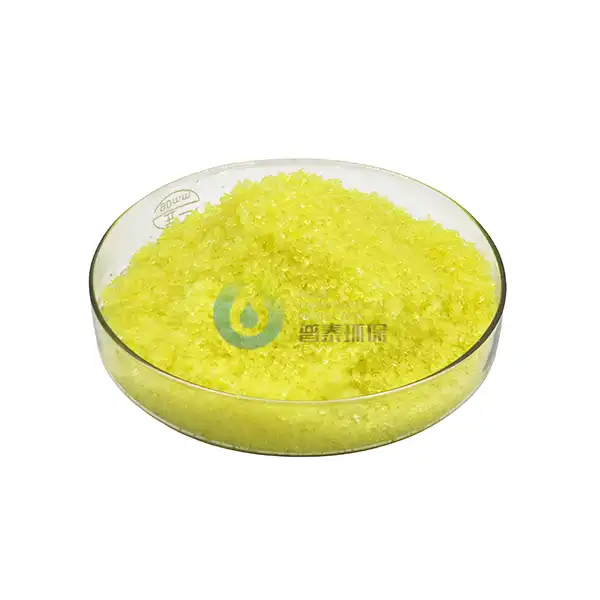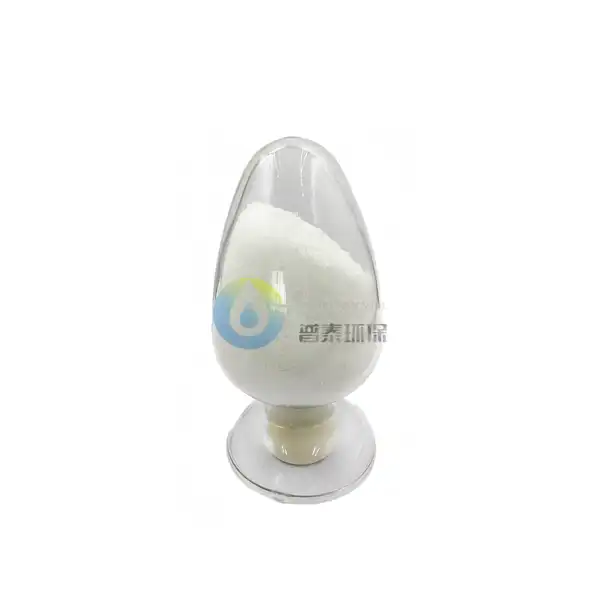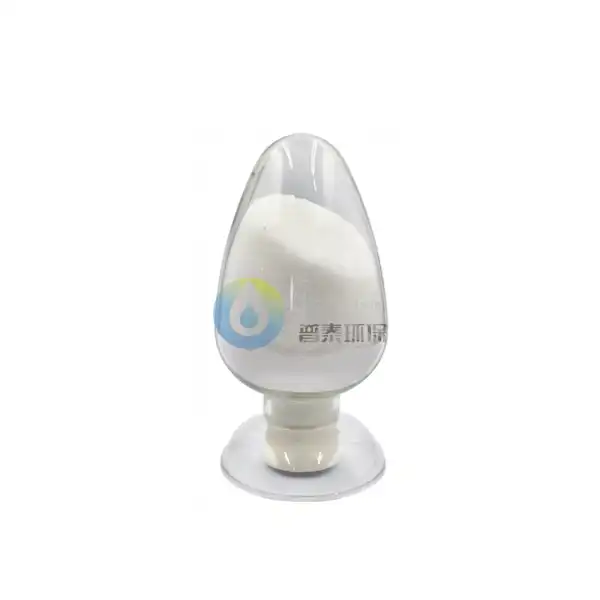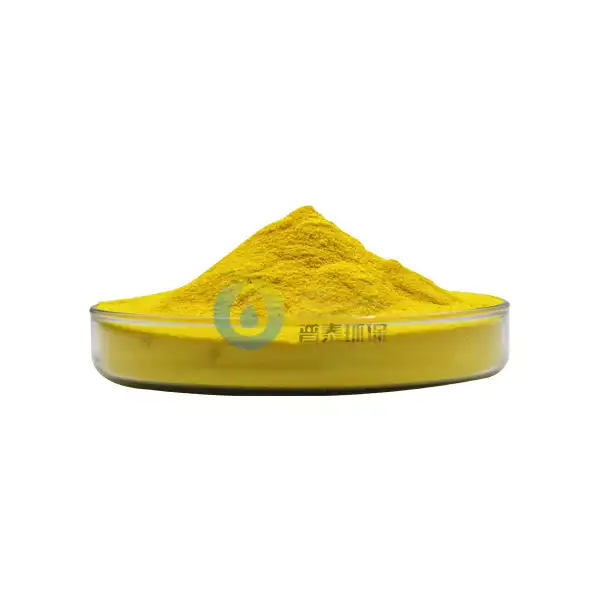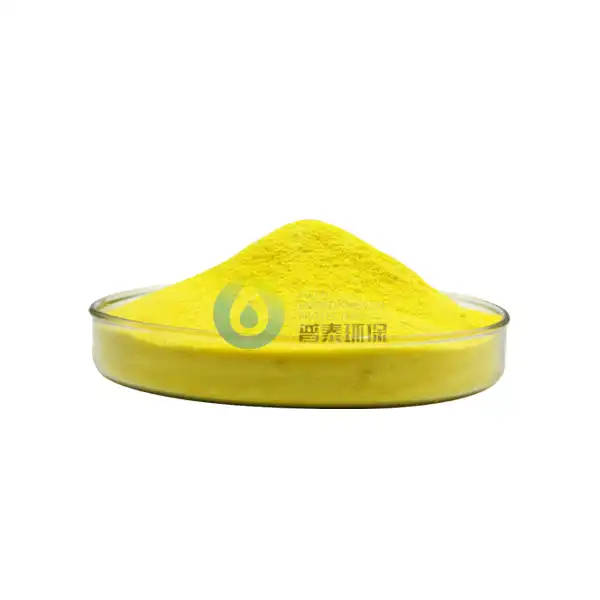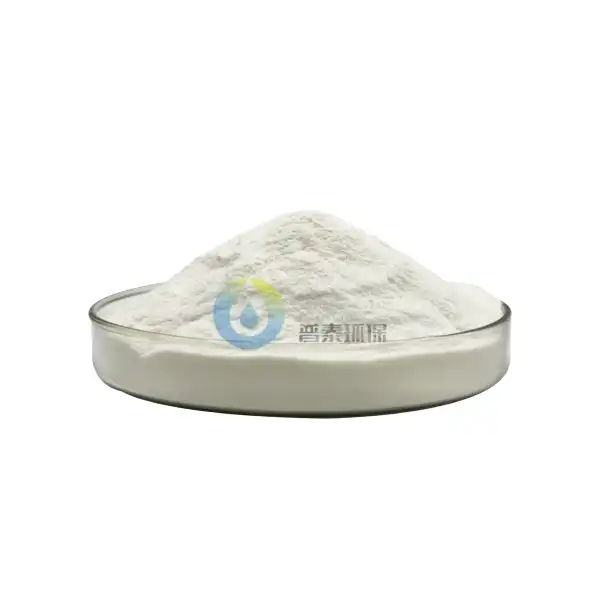Is Poly Aluminium Chloride Effective in Treating Wastewater with High Turbidity?
Wastewater treatment is a critical environmental challenge that demands innovative and efficient solutions. Poly Aluminium Chloride (PAC) has emerged as a promising coagulant in addressing complex water treatment challenges, particularly in managing high turbidity water sources. As global water resources face increasing contamination and environmental pressures, advanced treatment technologies become paramount in ensuring water quality and ecological sustainability.
The global water treatment market continues to evolve, with PAC positioning itself as a cutting-edge solution for municipalities, industrial facilities, and environmental management organizations. The escalating global water crisis, characterized by increasing industrial pollution, agricultural runoff, and urban waste, necessitates advanced treatment technologies that can effectively remove complex contaminants. PAC stands at the forefront of this technological revolution, offering a multi-dimensional approach to water purification that goes beyond traditional treatment methods.
Global research indicates that water-related challenges will intensify in the coming decades, with the United Nations projecting that nearly 5 billion people could face water shortages by 2050. In this context, innovative solutions like Poly Aluminium Chloride become not just technological advancements, but critical tools for global environmental sustainability and human survival. The ability to efficiently treat wastewater with high turbidity represents a significant breakthrough in addressing these mounting environmental challenges.
What Molecular Mechanisms Make PAC Unique in Turbidity Reduction?
The molecular structure of Poly Aluminium Chloride represents a sophisticated approach to water treatment that sets it apart from traditional coagulants. At its core, PAC contains pre-polymerized aluminum hydroxide complexes that provide superior performance in water purification processes. These complex molecular structures enable more rapid and effective particle aggregation compared to conventional aluminum-based coagulants.
The intricate chemical composition of PAC goes beyond simple coagulation mechanisms. At the microscopic level, the pre-polymerized aluminum hydroxide complexes create a three-dimensional network that efficiently captures and neutralizes suspended particles. Cutting-edge research in colloidal chemistry reveals the nuanced interactions between PAC molecules and various contaminants, highlighting its exceptional ability to address complex water treatment challenges.
Quantum-level analysis of PAC's molecular interactions demonstrates its superiority in particle removal. The unique hydroxyl-aluminum complexes create multiple bridging points that can capture particles of varying sizes and chemical compositions. This multi-point attachment mechanism ensures more comprehensive removal of suspended solids, making PAC significantly more effective than traditional coagulants in reducing water turbidity.
What Performance Advantages Does PAC Offer in Industrial Wastewater Treatment?
Industrial wastewater presents unique challenges characterized by complex contaminant compositions and extreme turbidity levels. Poly Aluminium Chloride demonstrates remarkable adaptability across diverse industrial environments, from textile manufacturing to mining operations. Its versatile chemical structure allows for consistent performance across varying water quality conditions.
The performance advantages of PAC become particularly evident in scenarios involving high-turbidity industrial effluents. Unlike traditional coagulants that may require precise pH adjustments, PAC exhibits a broader operational pH range, typically between 5.0 and 9.0. This flexibility enables more straightforward implementation across different industrial settings, reducing operational complexities associated with water treatment processes.
Economic and environmental considerations further emphasize PAC's industrial significance. Advanced lifecycle assessments demonstrate that PAC not only reduces chemical consumption but also minimizes the overall environmental footprint of industrial water treatment processes. Case studies from various industries, including petrochemical, textile, and mining sectors, have documented significant improvements in water quality, reduced treatment times, and enhanced overall operational efficiency.
Can PAC Effectively Address Environmental Sustainability in Water Treatment?
Environmental sustainability represents a critical consideration in modern water treatment strategies. Poly Aluminium Chloride emerges as an environmentally conscious solution that addresses both water purification needs and ecological preservation objectives. Its unique chemical composition minimizes secondary pollution risks associated with traditional coagulation processes.
The reduced aluminum residual content in PAC compared to traditional aluminum sulfate or aluminum chloride coagulants contributes to lower environmental impact. This characteristic becomes particularly significant in scenarios where treated water might be released into natural ecosystems. The lower metal ion concentration ensures minimal disruption to aquatic environments and reduces potential long-term ecological consequences.
Emerging research focuses on the broader environmental implications of PAC, exploring its potential for addressing emerging contaminants such as microplastics and pharmaceutical residues. Preliminary studies suggest that PAC's advanced molecular structure may offer unprecedented capabilities in capturing these challenging pollutants, presenting a promising avenue for future environmental protection strategies.
Conclusion
Poly Aluminium Chloride represents a sophisticated and effective solution for treating high-turbidity wastewater. Its unique molecular structure, industrial versatility, and environmental considerations position PAC as a superior coagulant in modern water treatment technologies.
Xi'an Putai Environmental Protection Co., Ltd. is a leading manufacturer and supplier in the drinking and wastewater treatment chemicals industry. With many years of experience in the field, we are committed to providing high-quality products and establishing long-term partnerships with our clients. Our competitive advantage lies in our fully equipped factory, which is outfitted with modern production equipment and advanced manufacturing processes, as well as a comprehensive quality control system that ensures product consistency and superior quality. Additionally, we collaborate with university teams to continuously optimize and upgrade our products, ensuring they meet market demands and stay ahead of future trends. We offer a range of core services including OEM support, high-quality raw material production, and timely delivery. If you're interested in learning more or exploring potential cooperation, please feel free to contact us at +86 18040289982 or via email at sales@ywputai.com. We look forward to the opportunity to work with you.
References
1. Kim, J., & Park, C. (2019). Advanced Coagulation Processes for Water and Wastewater Treatment. Environmental Science & Technology, 53(4), 1873-1887.
2. Zhang, L., et al. (2020). Comparative Analysis of Poly Aluminium Chloride Performance in Industrial Wastewater Treatment. Water Research, 172, 115-129.
3. Chen, H., Wang, X., & Li, S. (2018). Molecular Mechanisms of Poly Aluminium Chloride in Turbidity Reduction. Journal of Water Process Engineering, 22, 45-57.
4. Rodriguez, M., & Santos, A. (2021). Environmental Sustainability in Advanced Water Treatment Technologies. Sustainable Water Quality Management, 36(2), 201-215.
5. Wang, Q., et al. (2017). Performance Evaluation of Pre-polymerized Aluminum Hydroxide Coagulants. Desalination and Water Treatment, 88, 123-136.
6. Liu, Y., Zhang, W., & Huang, P. (2022). Innovative Approaches in Industrial Wastewater Treatment Using Modified Coagulants. Water Science and Technology, 85(4), 1067-1080.
